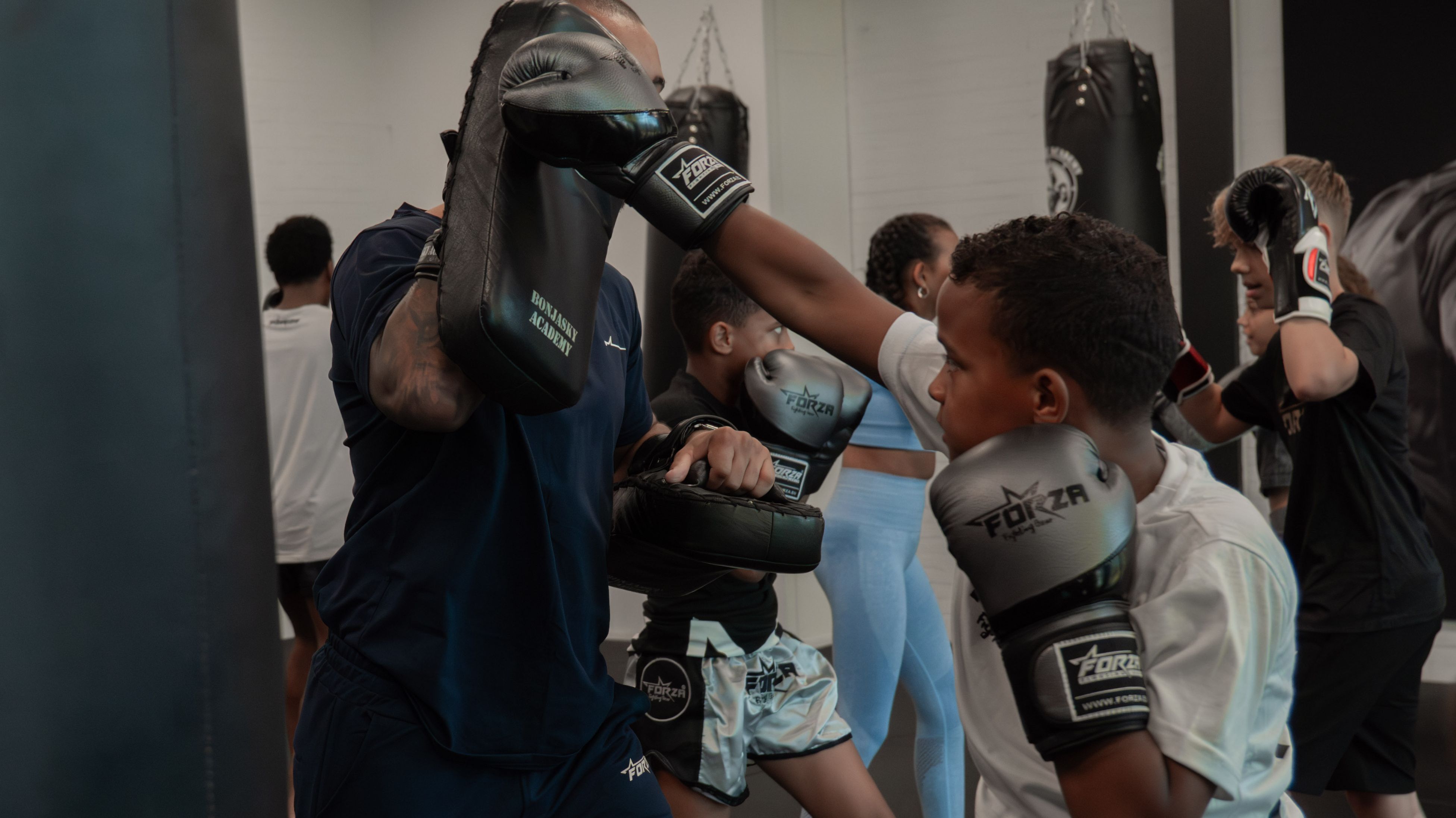Women's boxing has a rich history and a strong tradition of talented athletes, yet it struggles to attract the same level of attention and viewership as men's boxing. Despite the growth of women's sports and increased visibility in recent years, women's boxing still faces significant challenges that hinder its popularity. In this blog post, we will delve into the reasons why women's boxing has not garnered as much interest as its male counterpart and explore potential avenues for growth and development.
1. Lack of Exposure: One of the primary reasons for the limited popularity of women's boxing is the lack of exposure and media coverage. Historically, women's sports have received less attention from mainstream media outlets, which has contributed to a lack of visibility for female boxers. Without exposure, it becomes challenging for women's boxing to attract a wider audience and build a dedicated fan base.
2. Limited Promotional Support: Another factor that impacts the popularity of women's boxing is the limited promotional support compared to men's boxing. Promoters often prioritize male fighters due to the perception that they are more marketable and can generate higher revenues. This lack of support can make it difficult for female boxers to secure high-profile fights and gain recognition in the sport.
3. Stereotypes and Gender Bias: Gender bias and stereotypes also play a role in the popularity of women's boxing. There is a perception in some circles that women's boxing is not as exciting or competitive as men's boxing, which can deter fans from tuning in to watch female fights. Additionally, there may be a reluctance among some fans to support women's boxing due to entrenched gender norms and expectations.
4. Pay Disparity: Pay disparity between male and female boxers is another issue that affects the popularity of women's boxing. Female boxers often earn significantly less than their male counterparts, making it challenging for them to pursue a career in the sport full-time. This disparity can also impact the level of competition in women's boxing, as talented athletes may be discouraged from pursuing the sport professionally.
5. Lack of Investment and Development: Women's boxing also suffers from a lack of investment and development compared to men's boxing. There are fewer training facilities, coaches, and resources available to female boxers, which can hinder their progress and competitiveness. Without proper support and infrastructure, it becomes difficult for women's boxing to thrive and attract new talent.
Potential for Growth and Development: Despite these challenges, there is significant potential for growth and development in women's boxing. The success of athletes like Claressa Shields, Katie Taylor, and Amanda Serrano has helped raise the profile of women's boxing and attract new fans to the sport. Additionally, the inclusion of women's boxing in major events like the Olympics has helped showcase the talent and skill of female boxers on a global stage.
To further promote women's boxing, there needs to be a concerted effort to increase exposure and media coverage, provide more promotional support, address gender bias and stereotypes, and ensure pay parity between male and female boxers. By investing in the development of women's boxing and supporting female athletes, we can help elevate the sport and attract a wider audience.
Conclusion
Women's boxing has faced numerous challenges in gaining popularity and recognition, but there is immense potential for growth and development. By addressing the barriers that female boxers face and promoting gender equality in the sport, we can help create a more inclusive and diverse boxing community. With the right support and investment, women's boxing has the opportunity to thrive and captivate audiences around the world.



















